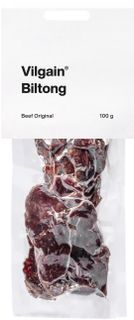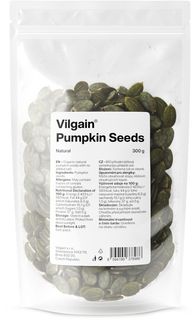- Whey Protein (106)
- Sweets & Snacks (64)
- Seasoning & Sweeteners (3)
- Bars & Protein Snacks (25)
- Dietary supplements for women (3)
- Whey Protein (106)
- Sweets & Snacks (64)
- Seasoning & Sweeteners (3)
- Bars & Protein Snacks (25)
- Dietary supplements for women (3)
- Cooking & Baking (34)
- Cereals (19)
- Nuts, Seeds & Dried Fruits (3)
- Canned & Tinned Food (22)
- Joint Care (4)
- Sides & Bakery (16)
- Sports Drinks (2)
- Superfoods (3)
- Nut Butters (2)
- Vegan Protein (7)
- Low sugar edition (11)
- Drinks (4)
- Gainers & Carbohydrates (4)
- NO Boosters & Stimulants (1)
- Meal Replacement (8)
- Amino Acids (1)
- Casein Protein (8)
- Protein Blend (7)
- Egg Protein (1)
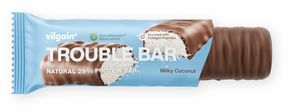

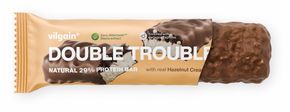
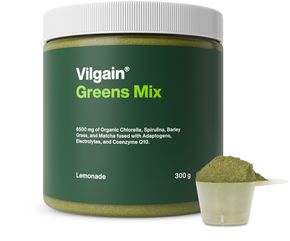
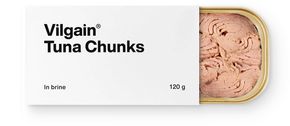
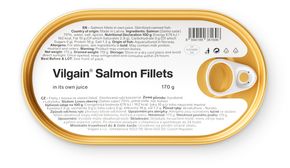
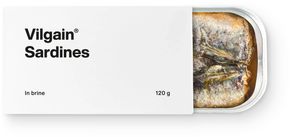


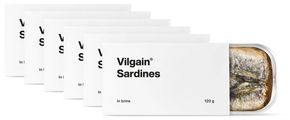

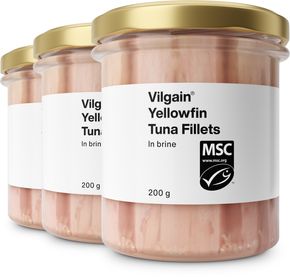
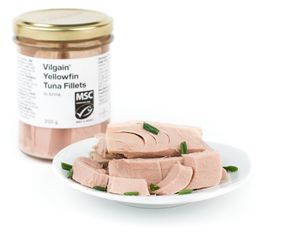
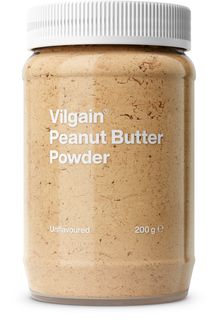

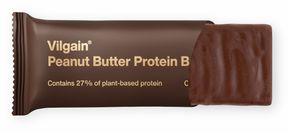
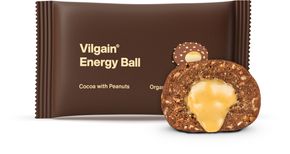
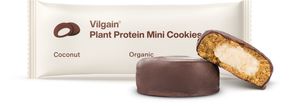

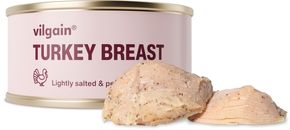
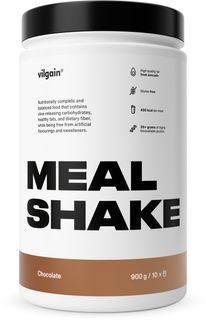
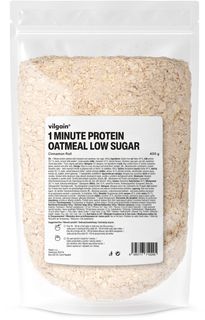

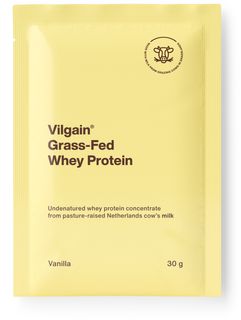
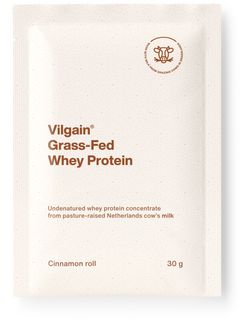
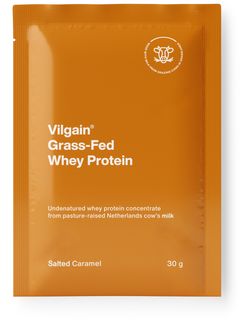
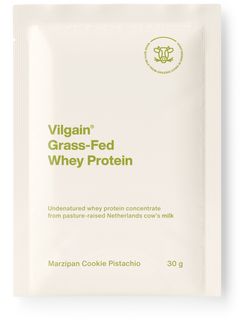
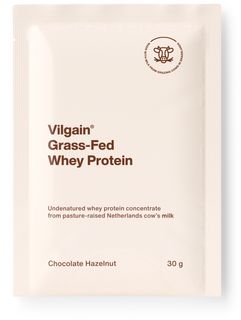



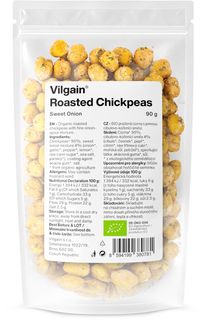
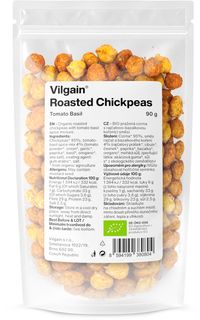
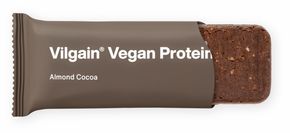
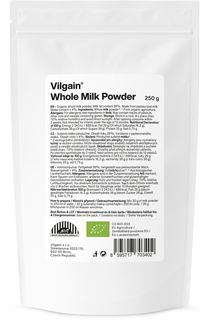


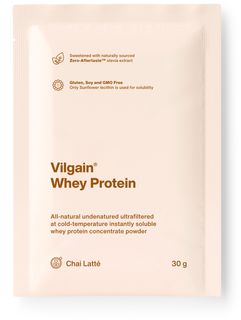




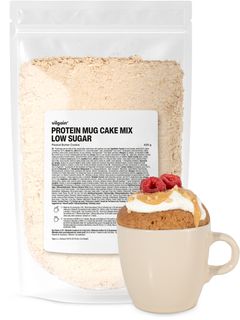
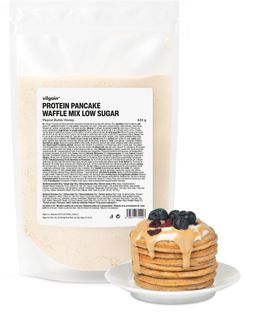
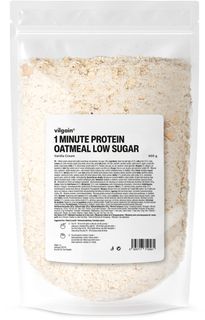
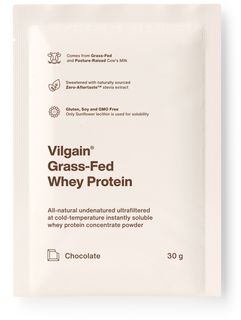

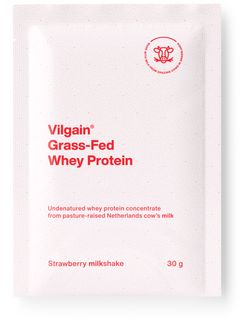
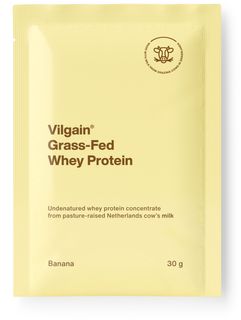





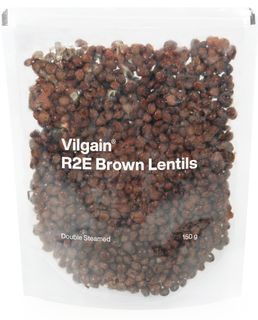
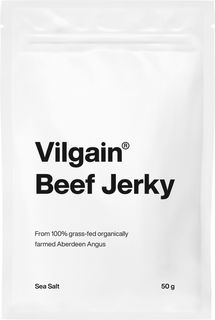
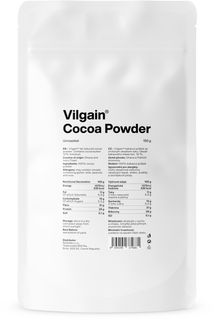
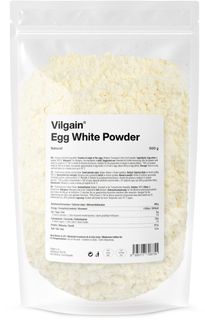
High protein foods
According to EC Regulation 1924/2006, high protein foods are those foods where protein represents at least 20% of the energy value.
However, protein is not only about quantity, but also about quality, which can be determined by the essential amino acids that are essential for the functioning of the human body and must be consumed in the form of food.
Animal proteins
Proteins derived from animal sources are generally considered to be a better source of protein due to their complex spectrum of essential amino acids. The animal sources with the highest protein content include:
- lean meat (beef, pork, turkey, chicken)
- fish and sea food (tuna, salmon, sardines, cod)
- dried meat
- egg whites
- cheeses (parmesan, cheddar, cheese)
- proteins (milk, whey, casein)
Vegetable proteins
Proteins from plant sources are characterised by lower quality, due to an incomplete spectrum of essential amino acids, and lower utilisation compared to animal proteins. One of the simplest solutions is to combine plant proteins correctly or to consume them in higher quantities. High protein plant foods are:
- seeds (pumpkin, sesame, chia)
- legumes (peanuts, chickpeas, peas, lentils)
- nuts (almonds, pistachios)
- plant proteins
- soy products: tempeh, tofu, seitan
